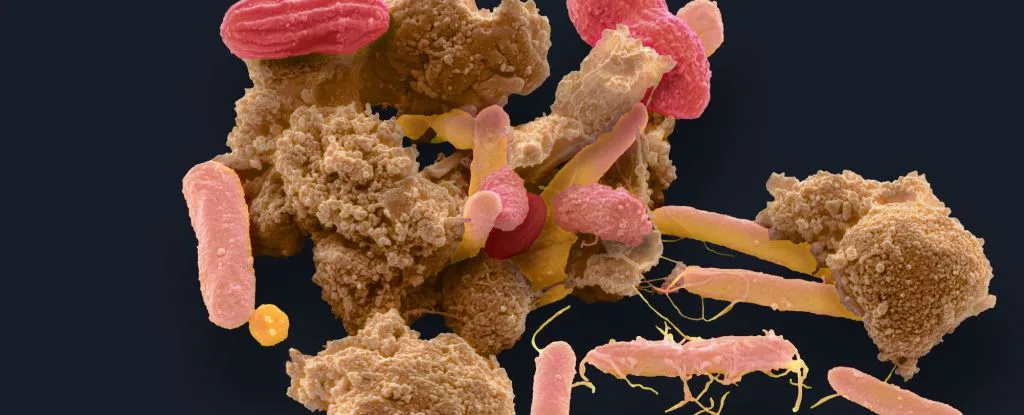The Key to Well-being: Nurturing a Balanced Gut Microbiome
Maintaining a harmonious community of beneficial microorganisms within your digestive system, a state known as eubiosis, is paramount for overall health and vitality. The gut microbiome plays a crucial role in various bodily functions, making its balance a key factor in well-being.
Understanding Eubiosis
Eubiosis refers to the optimal balance and diversity of microbial species residing in the gut. This thriving ecosystem contributes significantly to:
- Digestion: Beneficial bacteria aid in breaking down complex carbohydrates and fibers, enhancing nutrient absorption.
- Immune Function: A healthy gut microbiome strengthens the immune system, helping to defend against pathogens and reduce inflammation.
- Mental Health: Research suggests a strong connection between the gut and brain, with the microbiome influencing mood, cognitive function, and even mental health conditions.
- Nutrient Synthesis: Certain gut bacteria produce essential vitamins, such as vitamin K and B vitamins, contributing to overall nutritional status.
Factors Influencing Gut Microbiome Balance
Several factors can disrupt the delicate balance of the gut microbiome, leading to dysbiosis (an imbalance). These include:
- Diet: A diet high in processed foods, sugar, and unhealthy fats can negatively impact the gut microbiome, while a diet rich in fiber, fruits, and vegetables promotes beneficial bacteria.
- Antibiotics: Antibiotics can indiscriminately kill both harmful and beneficial bacteria, disrupting the gut’s ecosystem.
- Stress: Chronic stress can alter the composition and function of the gut microbiome.
- Environmental Factors: Exposure to toxins and pollutants can also affect the gut microbiome.
Promoting a Healthy Gut Microbiome
Adopting certain lifestyle habits can foster a balanced gut microbiome:
- Consume a Diverse Diet: Include a variety of fiber-rich foods, such as fruits, vegetables, whole grains, and legumes.
- Incorporate Fermented Foods: Yogurt, kefir, sauerkraut, and kimchi contain probiotics (live beneficial bacteria) that can replenish the gut.
- Limit Processed Foods and Sugar: These can feed harmful bacteria and disrupt the balance of the gut microbiome.
- Manage Stress: Practice stress-reducing techniques like meditation, yoga, or spending time in nature.
- Consider Probiotic Supplements: Consult with a healthcare professional to determine if probiotic supplements are right for you.
Final Overview
Prioritizing gut health through a balanced diet, stress management, and mindful lifestyle choices can significantly contribute to overall well-being. A thriving gut microbiome supports digestion, immunity, mental health, and nutrient synthesis, paving the way for a healthier and happier life.



+ There are no comments
Add yours